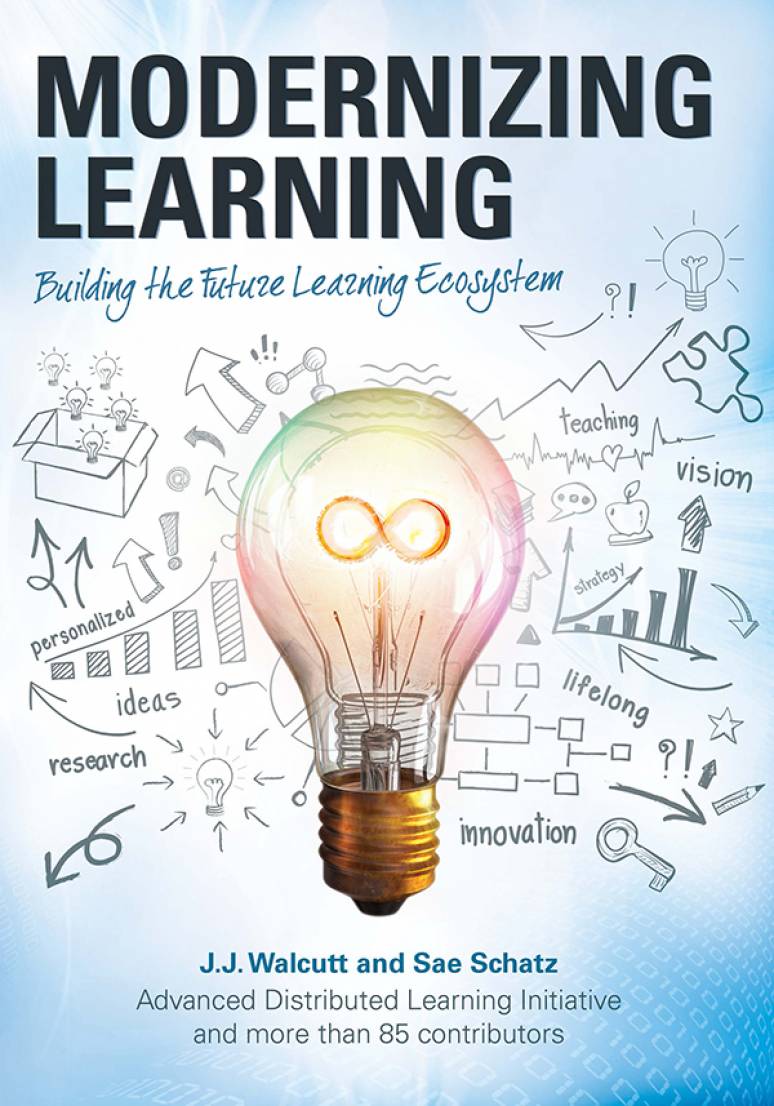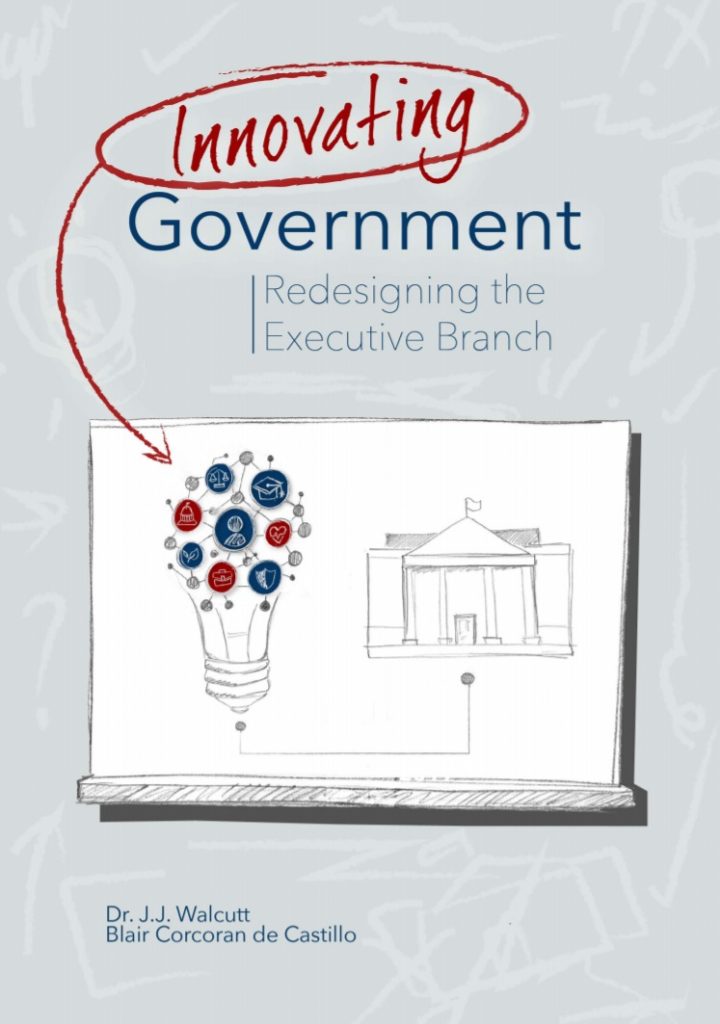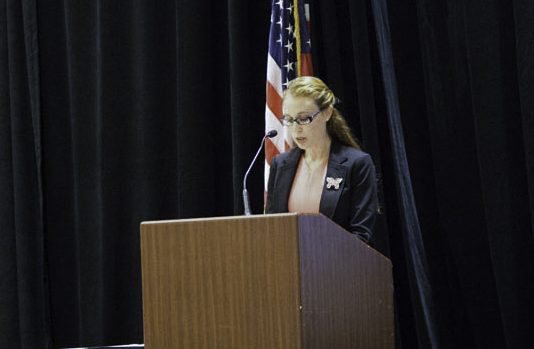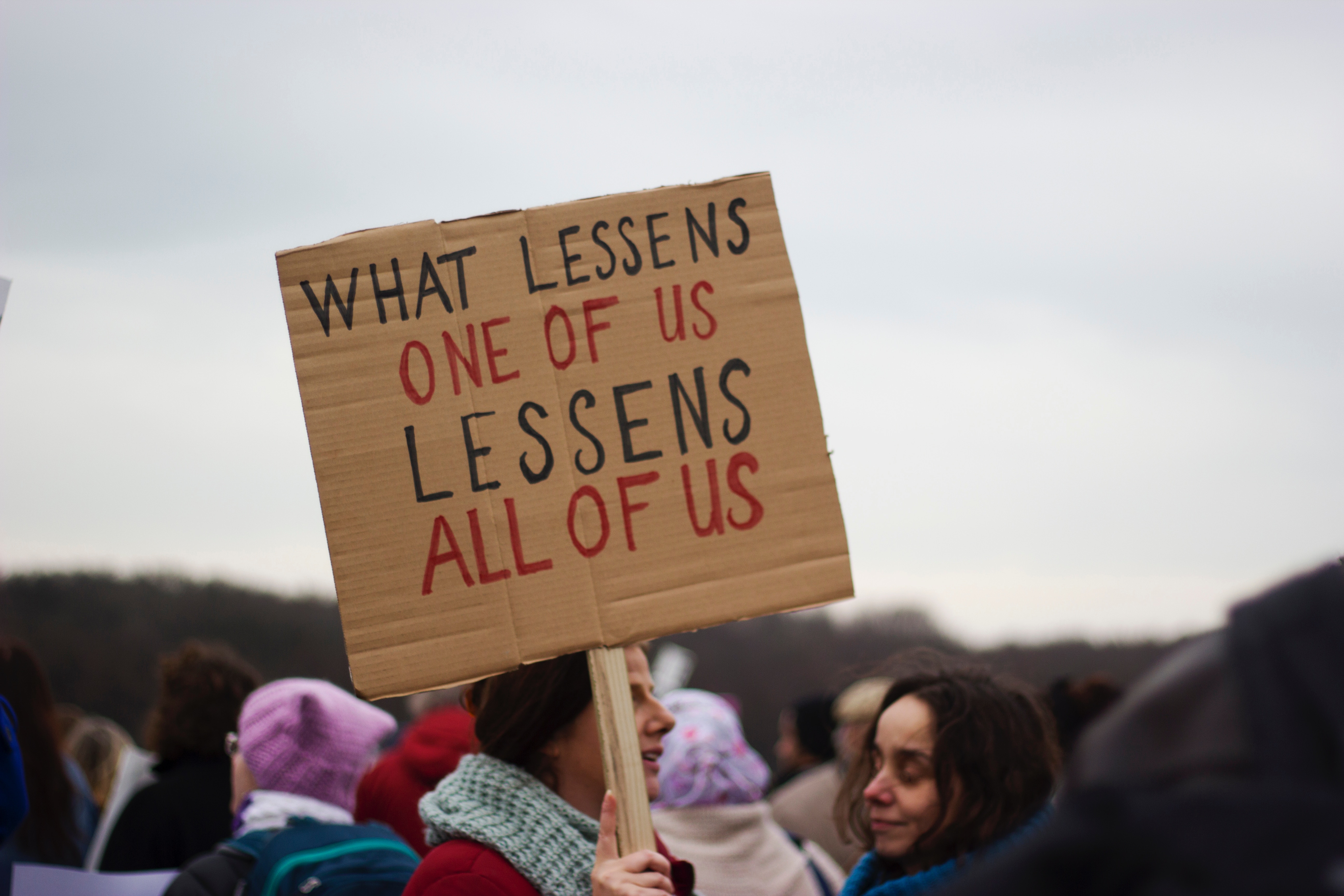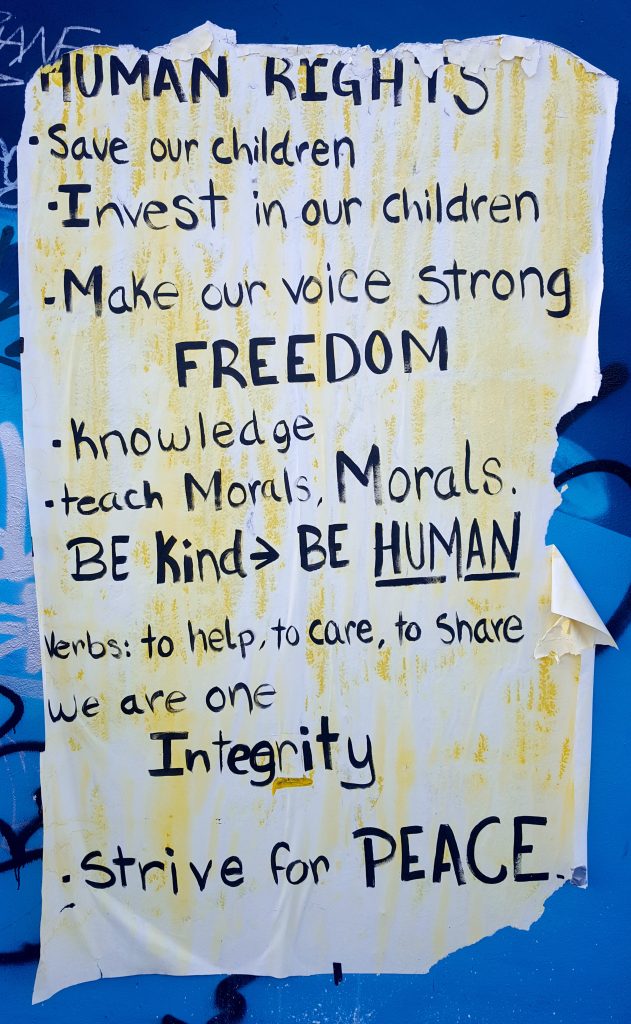One of the golden rules for Government is: If everything is a priority, nothing is a priority. It’s an adage used widely, far more than government, but it is a particularly important one when it comes to the executive branch. Why?
The bottom line is that there are an infinite number of issues a country as large as ours faces and as a result, it is easy, and frankly, predictable, that all of us get focused on those priorities that are important to us personally. However, working in the executive branch is a job, not a personal piggy bank. And that job requires workers to expend finite resources to solve infinite problems – with varied solutions – that make some people happy and others varying levels of unhappy.
By design, the government system is set up to be a moderator across the states and be a visionary for the country. The goal, in other words, is to determine the top priorities across our country and then determine how we can best solve them. But defining which problems those are can be difficult when we are constantly pulled in different directions and distracted by personal goals at local levels. I am not saying that those personal needs and local efforts are not worthy – they are extremely important. What I’m saying is that not all of them are national priorities and we need to keep those lines clear.
When local goals are mixed with national ones, it means everyone is fighting fires but no one is overseeing the forest. We need both fire fighters AND strategists.

So how do we do this? How do we determine our top priorities? Well, I can share with you my process:
- Step 1: Determine the national goal. In my mind, the goal at the federal government level is to build a nation ready for the future – ready for life, ready for work, ready for natural disasters, and ready to defend our country
- Step 2: Determine 5-7 key capabilities needed to ensure that the nation is ready for these known challenges – Environment, Healthcare, Defense, Education, and Employment/Economy
- Step 3: Determine a methodology to address these issues – Innovation – Thinking outside the box can help us approach these problems that have plagued us for years from new perspectives
When we define a goal and the pathway to get there, we increase our ability to achieve success 10-fold. Let’s apply these same methods to our national priorities and if we do, we’ll create a national readiness index that exceeds anything we’ve seen before. We’ll become proactive instead of reactive.
Photo by Alvaro Reyes on Unsplash
Photo by Glenn Carstens-Peters on Unsplash


